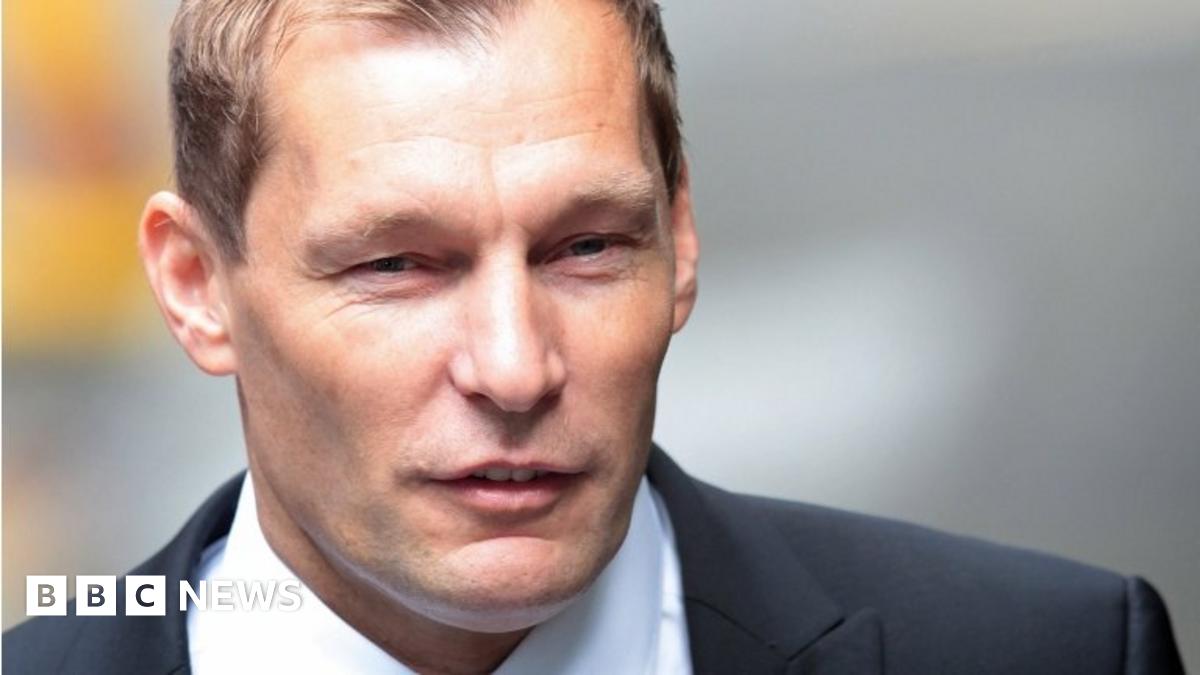Originally posted by french frank
View Post
Incidentally, I think the main blame in the Tomlinson case rests with the person in the police force who decided to re-appoint him specifically to public order duties. I think that there are questions there about institutional character. There are also to my mind questions about the character of the officer, Tomlinson and indeed the protesters. The policy makers too, if not more so.



 - a Jack Russell - and marching back to his house with him, the only thing which persuaded the now lachrymose neighbour to go back home.
- a Jack Russell - and marching back to his house with him, the only thing which persuaded the now lachrymose neighbour to go back home.

Comment